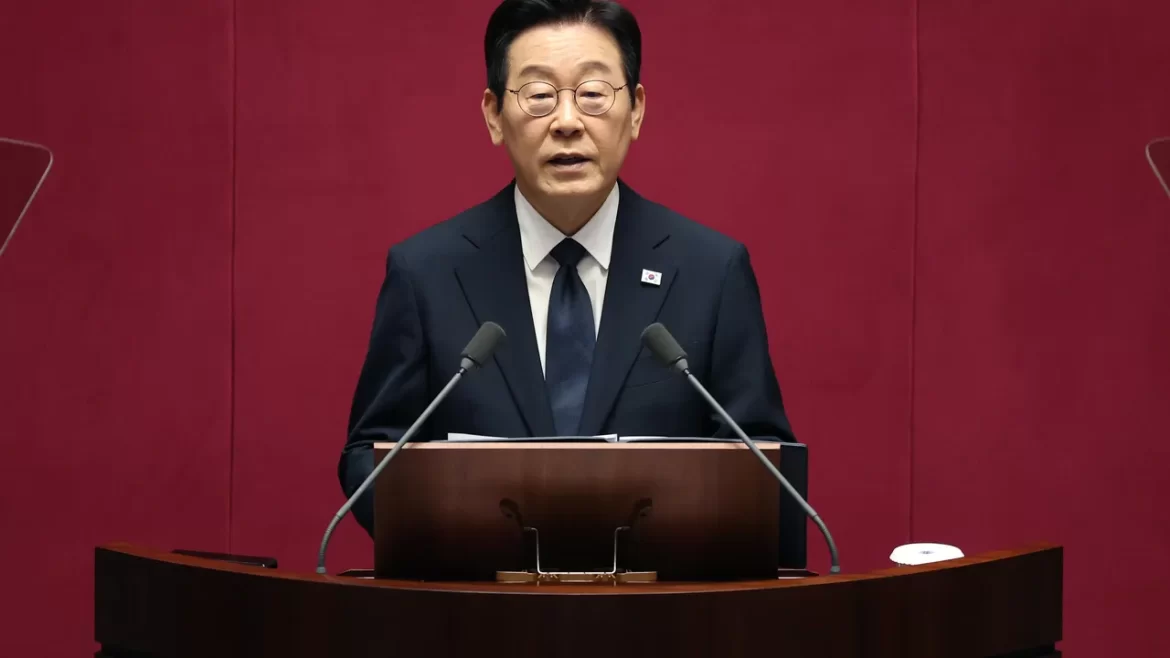886
By Tracy Moses
South Korea plans to triple its spending on artificial intelligence and carry out its largest defence budget increase since 2019, President Lee Jae Myung announced on Tuesday in his annual budget speech to parliament. The measures are part of the government’s 2026 national budget proposal, aimed at boosting technological competitiveness and strengthening national security.
Lee revealed that 10.1 trillion won ($7 billion) will be allocated to what he described as “a major transformation aimed at positioning South Korea among the world’s top three AI powers,” alongside the United States and China.
“We will dramatically scale up investment to usher in the era of artificial intelligence,” he said, noting that the allocation represents more than three times this year’s AI budget.
The AI investment forms part of the broader 728 trillion won national budget proposal for 2026, representing an 8.1 percent increase over this year’s spending. With Lee’s party holding a parliamentary majority, the proposal is widely expected to be approved.
Alongside AI, the president announced plans to raise defence spending by 8.2 percent, bringing it to 66.3 trillion won next year, the steepest increase in six years.
“We will modernize our conventional weapons into advanced systems suitable for the AI age and rapidly build an elite, intelligent military force,” Lee said. If approved, this increase would mark the largest rise in defence outlays since 2019.
Of next year’s AI budget, 2.6 trillion won will be used to expand AI applications across industries, daily life, and the public sector, while 7.5 trillion won will go toward developing talent and building infrastructure, the president explained.
South Korea already holds a strong position in the global AI hardware ecosystem. It is home to two of the world’s leading memory chip makers, Samsung Electronics and SK hynix, which produce components essential for AI technologies and the power-intensive data centres driving the industry’s rapid growth.
Nvidia CEO Jensen Huang last week, announced plans to supply 260,000 of the company’s most advanced AI chips to South Korea, with major recipients including Samsung, SK Group, and Hyundai Motor Group.
On Lee’s ambition to make South Korea one of the world’s top three AI powers, Huang described the vision as “ambitious” but achievable. “There’s no reason Korea can’t reach that goal, you have the technology, the software expertise, and the ability to build world-class manufacturing plants,” he said.
The United States, South Korea’s key ally, maintains about 28,500 troops in the country to help deter military threats from North Korea. Since taking office in June 2025, Lee has pledged to pursue dialogue with Pyongyang without preconditions and to “respect” North Korea’s political system, marking a clear shift from the hardline approach of his predecessor.
President Lee, noted that South Korea already spends 1.4 times North Korea’s total GDP on defence and ranks fifth globally in military strength. The two Koreas remain technically at war, as the 1950–53 Korean War ended in an armistice rather than a formal peace treaty.



